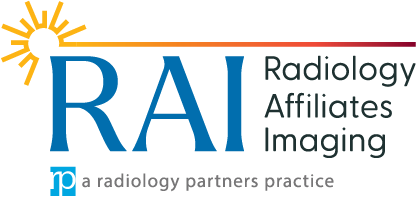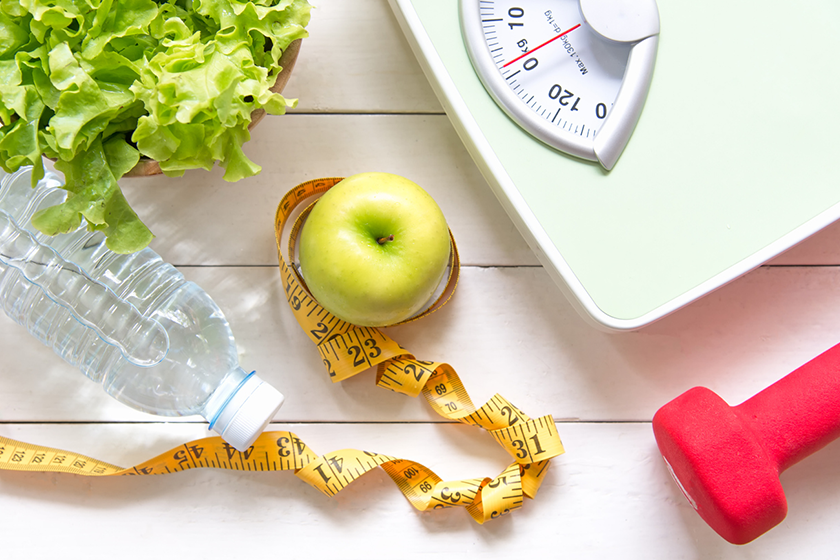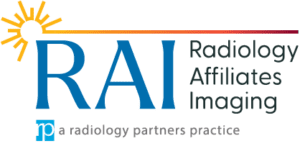
Do You Need Medical Testing During the Coronavirus Pandemic? Here is What You Need to Know

The coronavirus (COVID-19) outbreak has changed the way healthcare providers perform medical testing. The highly infectious disease has sickened millions of people and, sadly, it has taken the lives of tens of thousands more. Medical professionals are preparing to treat very large numbers of patients with COVID-19 while continuing to provide care to their other patients who do not have the disease.
Radiologists and other healthcare providers have three main priorities when it comes to providing care to patients with COVID-19 and those without the disease: keeping patients safe, keeping staff safe, and continuing to provide high quality, timely testing for every patient that needs it.
What to Expect if You Need Medical Testing during the COVID-19 Pandemic
You will likely need an appointment
Many healthcare locations now discourage walk-ins and require appointments. Phone ahead to be sure.
You will need to follow routine instructions for testing
Your radiology team will provide to you a set of instructions to follow prior to testing. These instructions may include following a clear liquid diet or refrain from food and beverages after a certain time. Be sure to tell your radiology team about any medications you take, including supplements and herbal supplements, and verify that you should continue to take those medications on the day of your testing.
You may not be allowed to bring a companion
Depending on your test, companions may no longer be allowed. Furthermore, many locations are putting age restrictions on those entering the premises. Hospitals no longer allow children to visit, for example. Because people aged 65 and older are more likely to develop serious COVID-19 disease, according to the U.S. Department of Health and Human Services’ Administration for Community Living, many healthcare locations discourage visits by older adults.
Your doctor or testing location may reschedule your test
Many doctors and testing locations are rescheduling non-urgent procedures, such as routine mammograms and barium enemas for patients at average risk, until after the number of new COVID-19 cases decreases.
Your doctor or radiologist may recommend you self-isolate for 2 weeks before having your test done. As with other viruses, infected people can spread coronavirus before they realize they are sick. It can take anywhere from 2 to 14 days for symptoms of COVID-19, such as coughing and body aches, to appear. During this incubation period, infected people can unknowingly transmit the virus to others. In fact, research shows that 13 percent of COVID-19 cases were likely the result of people spreading the virus before they started coughing feeling achy. Self-isolating for 2 weeks or more can reduce the risk of transmission to your radiology team.
Your doctor or testing location may take extra precautions
Your healthcare team may take extra precautions when they perform emergency procedures and non-urgent procedure of high priority, such as cancer evaluations, determining the cause of pain or other significant symptoms, and monitoring the progress of or complications associated with a life-threatening condition.
These extra precautions may include the use of personal protection equipment (PPE), such as masks, face shields, gloves, and gowns. Your radiology team or other testing professional will use a specific sequence for putting on the PPE according to guidelines set by the CDC. In some cases, especially if you are positive for COVID-19, have symptoms, or are at high risk of having the disease, your radiology team or testing personnel may ask you to wear a mask. To conserve the supply of PPE, your testing location may allow only essential personnel to be present during your test.
The testing location may screen you for symptoms and exposure risk
Before they allow you entry into the building, your healthcare team may take your temperature, ask about any symptoms you or those living in your household may be experiencing, inquire about any close contact with people outside of your household or other potential opportunities for infection, and review your travel history.
Practice exceptional hand washing and social distancing
Sneezing or coughing can spread these droplets up to 6 feet away; the droplets fall through the air to settle on surfaces and inanimate objects. An infected person can also spread the virus by touching surfaces and objects with unwashed hands after coughing or sneezing. The virus can spread when an uninfected person inhales the droplets, or when he or she touches a contaminated person, surface or object then touches their face before washing their hands.
Use hand sanitizer or wash your hands, before entering the facility to reduce the risk of bringing coronavirus into the testing location; clean your hands again when leaving the testing location. Stay at least 6 feet away from personnel when possible. Cough or sneeze into a tissue then throw the tissue away. Avoid touching your face.
Expect a clean, safe radiology facility
The staff at your radiology facility use advanced techniques and strong chemicals to clean their facilities to reduce the transmission of coronavirus and other infectious diseases.
For more information about what to expect when you need testing during the coronavirus outbreak, contact your radiologist or doctor.




